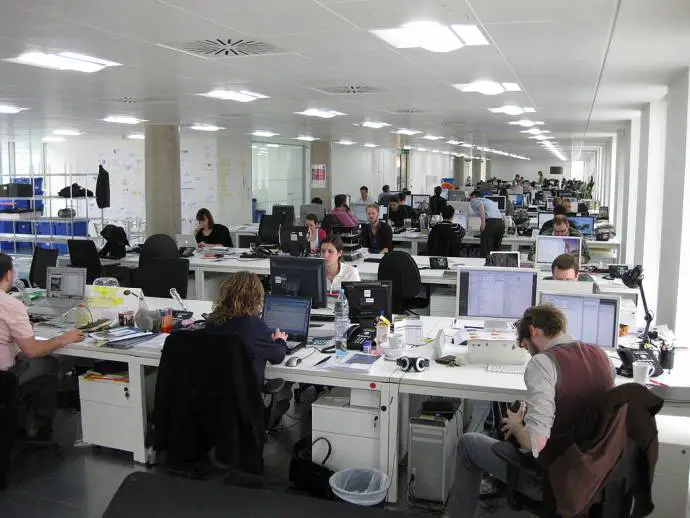MP Alenka Bratušek of the Alenka Bratušek Party and Aleksandar Kešeljević of the ruling Modern Centre Party (SMC) said creating jobs with high added value, which enable both higher pay and more profit, was the best tool to fighting poverty.
While Bratušek, a former prime minister, said it was the government's duty to encourage such jobs, Kešeljević said it was key to preserve the robust economic growth.
Social and employment policies should work hand in hand enabling people to get decent pay for the work they have done, according to Uroš Prikl of the coalition Pensioners' Party (DeSUS).
Jernej Štromajer of the fellow coalition Social Democrats (SD) added the Slovenian society was rich enough so nobody should live in poverty.
As for the amount of social benefits and the minimum wage, several panellists said if the difference between them is too small, work would be devalued and people would be discouraged from finding jobs.
Thus Jernej Vrtovec of the opposition New Slovenia (NSi), Nataša Trček of the non-parliamentary Marjan Šarec List and Alenka Gabrovec of the non-parliamentary People's Party (SLS) bet on economic development, which would enable rising both the average and minimum salaries.
Meanwhile, Luka Mesec of the opposition Left believes too low social benefits force jobless people to take jobs which bring indecent pay.
Mesec and Jure Trbič of the non-parliamentary Pirate Party also urged a gradual introduction of universal basic income.
As for precarious jobs, Kešeljević called for more labour inspections, while Trbič said they were an anomaly that should be eliminated
Trček, the country's chief labour inspector, would change legislation to give atypical forms of work additional rights.
On Thursday, the Peace Institute from Ljubljana and the European Anti-Poverty Network (EAPN) organised as part of the EMIN a conference on minimum income in Slovenia.
Several panellists stressed that despite the strong economic growth, poverty in Slovenia was not on the decrease, and criticized government policies on minimum income, saying they were ineffective in fighting poverty and social exclusion.
All our election coverage can be found here, while our profiles of the major parties are here.






